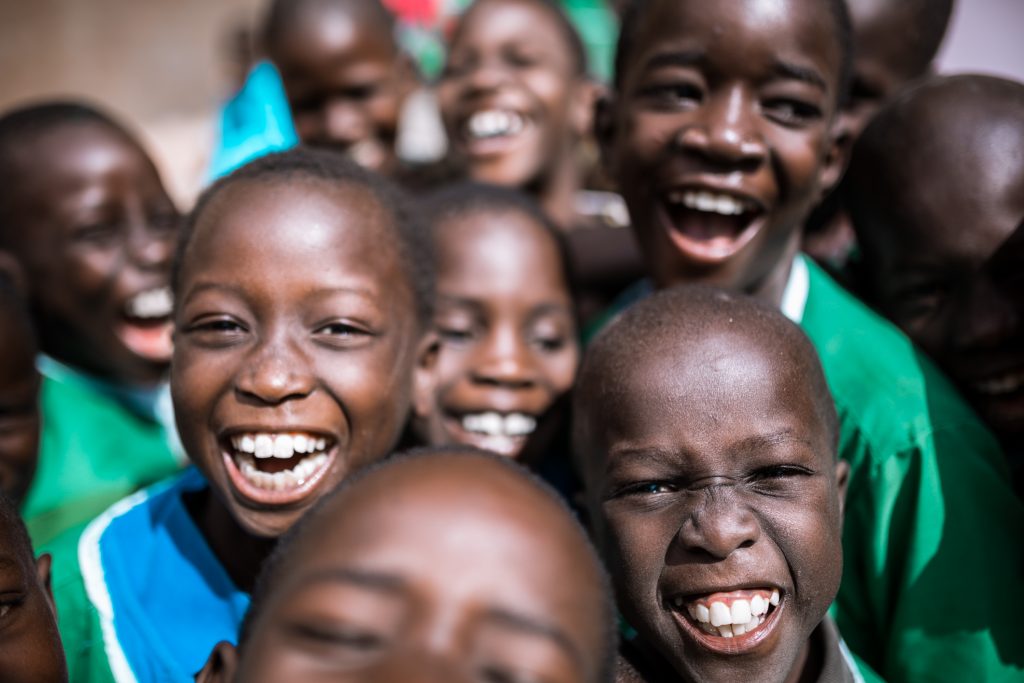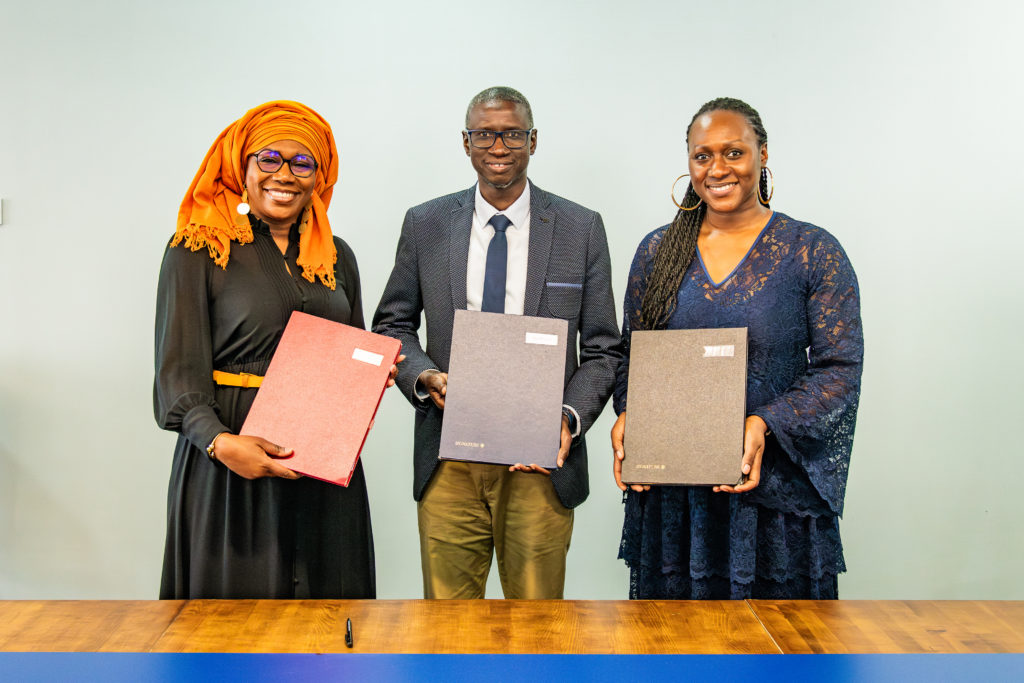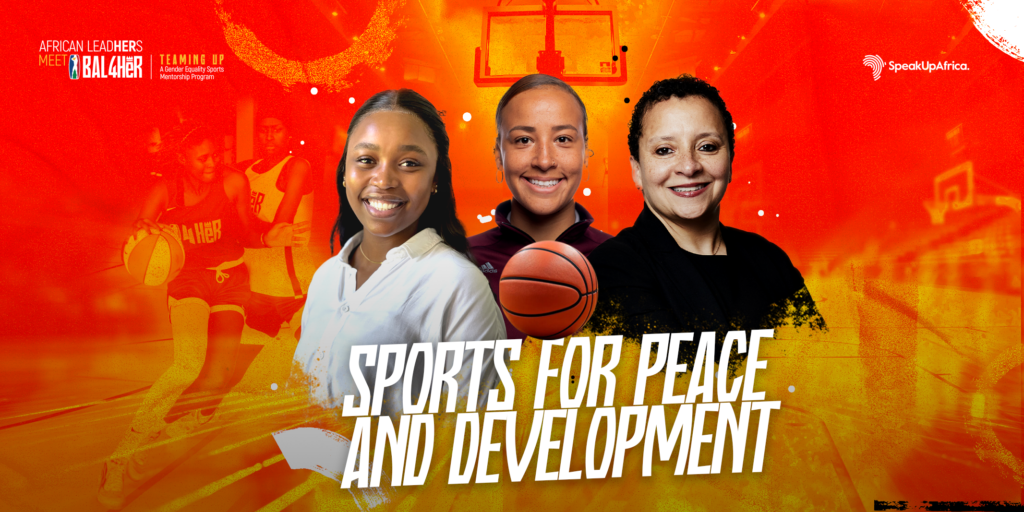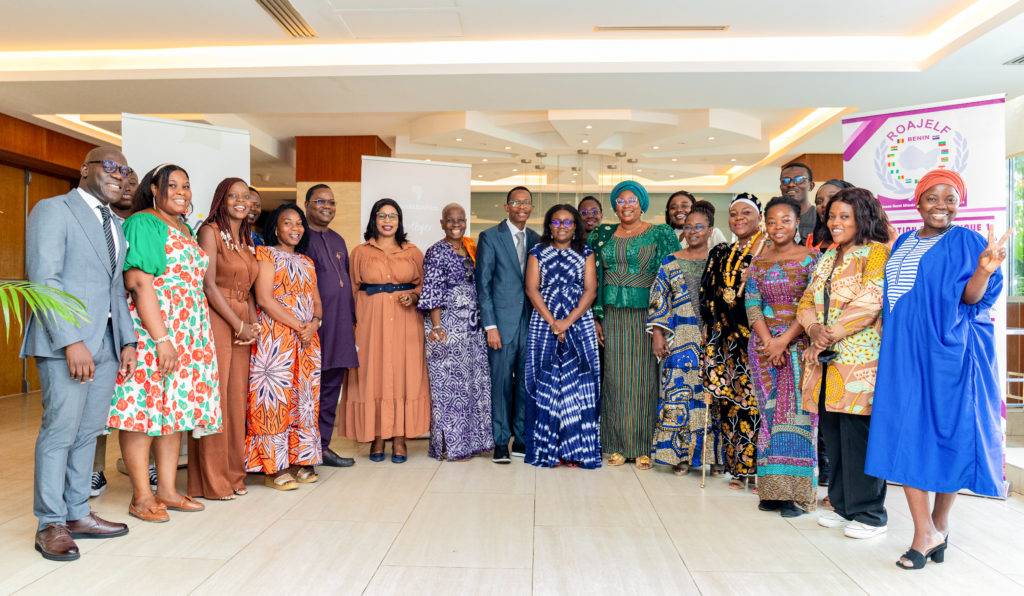Birahim Waly Ndiankou Diène Special Olympics Senegal Athlete Tells Us Why Vaccines Are Important.

When did you first become involved with Special Olympics?
I joined Special Olympics in 1990
What is your favorite sport?
Track and Field and swimming. But I practice also soccer.
Did you enjoy Saturday’s football match?
It was a wonderful afternoon. I had the opportunity to meet great players.
What was your favorite part?
When we played Special Olympics Unified Match. It was a real honour to have spectators like the Sports Minister, the Health Minister, and the formal Prime Minister. It was the first time for me playing football with all those spectators. It was great.
Who’s your favorite athlete?
My favorite Athlete is Amadou Dia Ba, who is the unique Senegalese Olympic Champion. He won a silver medal during Olympics Games in 1988 in Seoul.
Who’s your favorite football player?
El Hadj Diouf. I was proud to meet him on Saturday.
Why does he inspire you?
He is a great footballer. He is doing very well.
Are you still enjoying your pottery apprenticeship?
Of course. I create objects. I love pottery.
What are your other hobbies?
I am doing fitness.
Do you know why vaccines are important/keep you safe?
Vaccines prevent illnesses. It is important to be vaccinated!
Are you up to date on all of your vaccines?
Yes, I am!
About Birahim Waly Ndiankou Diène:
- Participated in games in North Carolina in the US and Barcelona.
- One of the first Special Olympics Senegal athletes.
- Participated in North Carolina SO Games in 1990.
- Participated in Barcelona: won a gold and a silver medal.
- Participated in Athens World Summit Games in 2011 and won a bronze medal in long jump and silver medal in the 100M.
- Athlete Leader and Member of the Board of Special Olympics Senegal.
- Pottery apprentice; working with clay is his therapy.
About Special Olympics:
Special Olympics is a global organization that serves athletes with intellectual disabilities working with hundreds of thousands of volunteers and coaches each year. Since the establishment of Special Olympics in 1968, the number of people with and without intellectual disabilities who are involved with the organization has been growing, but the unmet need to reach more people with intellectual disabilities is staggering.


